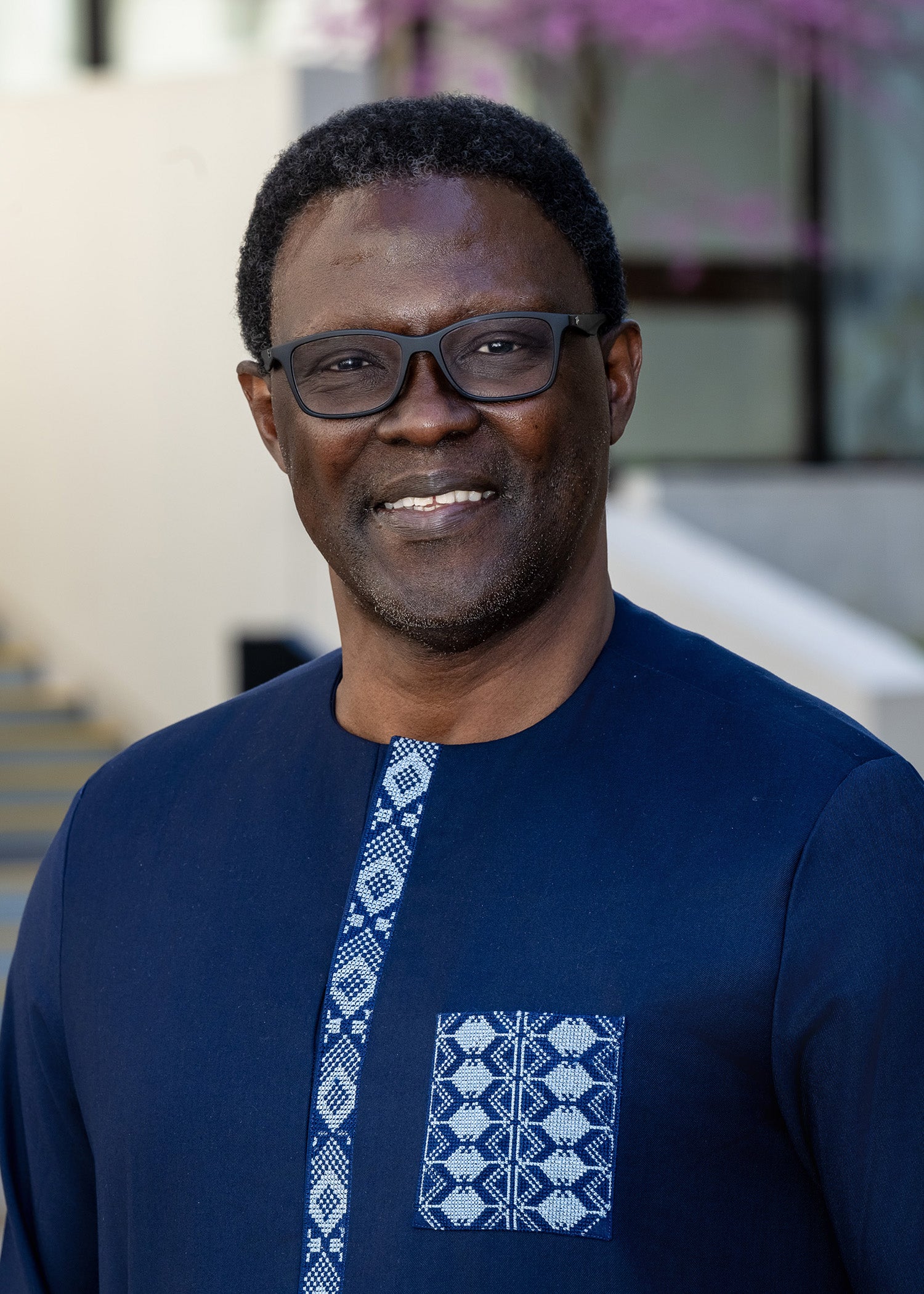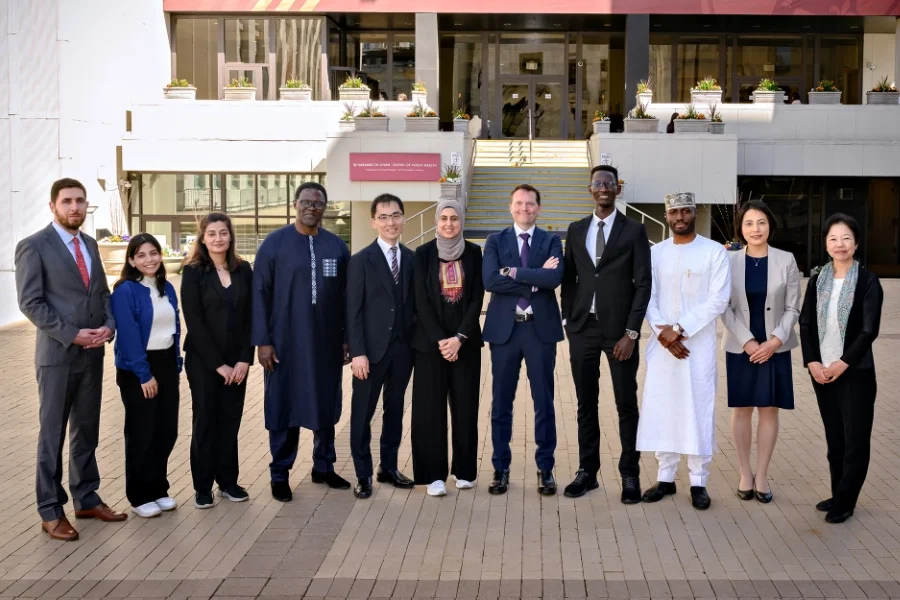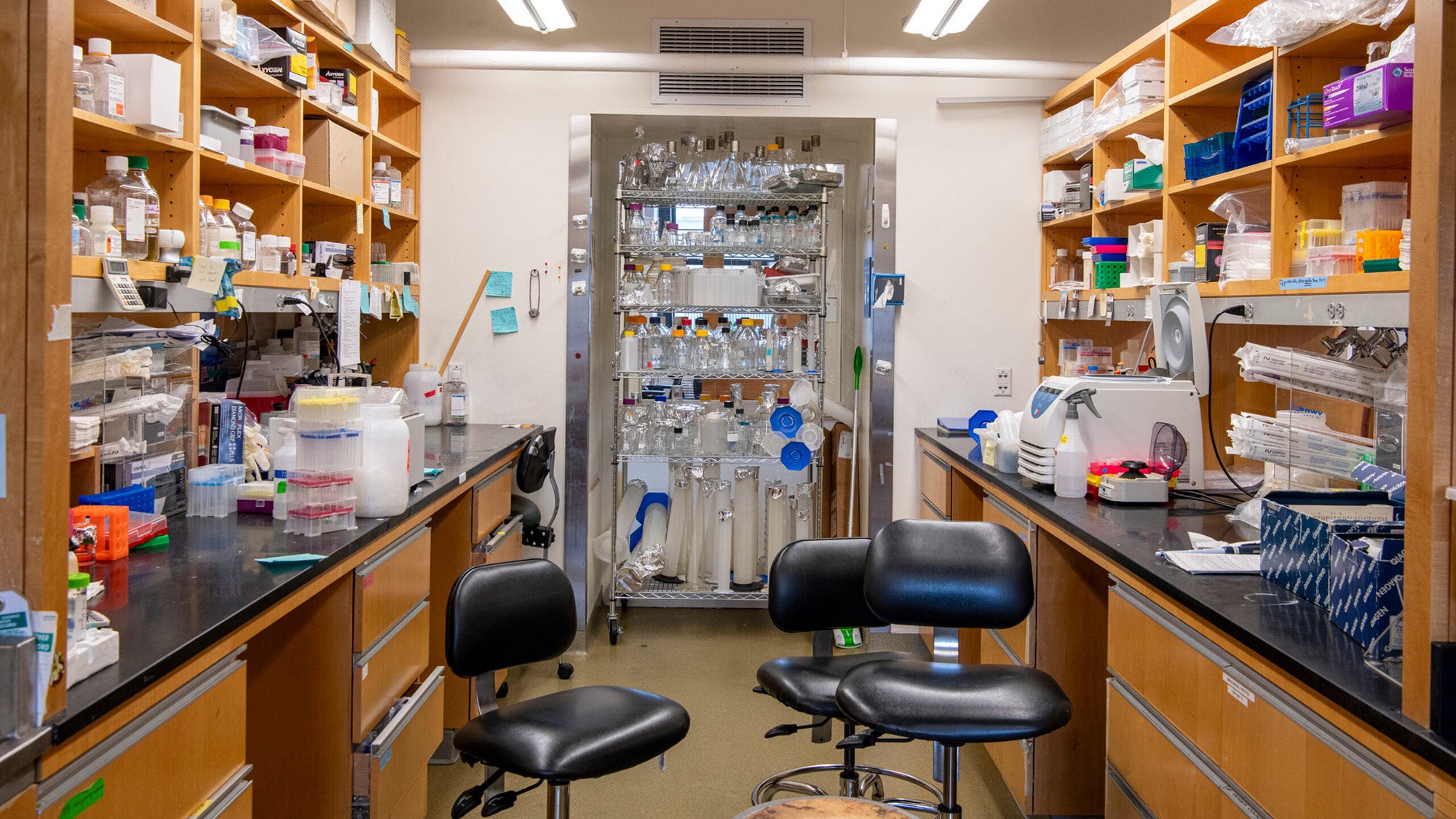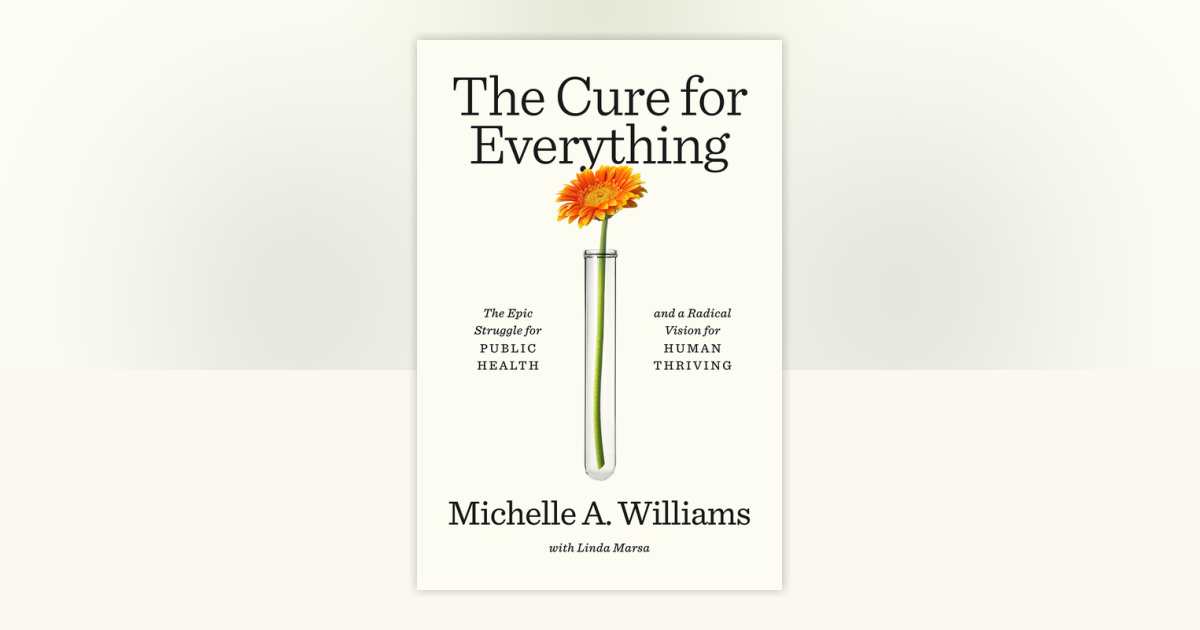Shaping the Future of African Vaccine Development: An Interview with Dr. Christopher da Costa, Takemi Fellow 2023–2024

Christopher da Costa became interested in infectious diseases while attending medical school at the University of Zambia, in Lusaka. “In this country, like in many African countries, the biggest problem was infectious diseases,” he explained. He witnessed how the large majority of patients who came into hospitals, regardless of their age, had some form of infection. This challenge motivated him to pursue an MSc in Clinical Tropical Medicine at the London School of Hygiene and Tropical Medicine.
The Unfolding of a Dual Career in Academia and Industry
His master’s thesis focused on the immunology of HIV and garnered significant academic attention. As a result, a professor recommended that he extend his academic pursuits with a doctoral degree focused on immunology. Following this advice, Christopher started a PhD, concentrating his research on tuberculosis within the context of HIV infection. After completing his degree, he went on to work in clinical practice at the University Medical Center of the Reno School of Medicine and Doylestown Health. He also started working at Merck, GSK, and Pfizer, helping to develop vaccines and other drugs for infectious diseases.
During the COVID-19 pandemic, Christopher worked at the Coalition for Epidemic Preparedness Innovations (CEPI) as a Subject Matter Expert on the technical aspects of vaccine development. At the time, CEPI predominantly focused on developing COVID-19 vaccines in partnership with other institutions but later turned its attention back to other diseases with pandemic potential, one of which was Lassa fever, an acute viral hemorrhagic illness present in West Africa.
Finding a place in public health
Working at CEPI towards the goal of delivering countermeasures to fight epidemics and pandemics allowed Christopher to find his niche within public health. His quest for more exposure to this multidisciplinary field ultimately brought him to the Takemi Program. His project for the fellowship focused on CEPI’s efforts to combat Lassa fever.
Instead of orienting the technical aspects required for producing the vaccine, he gathered data to provide insights into where the Lassa fever vaccine would fit within the broader landscape of healthcare priorities in West Africa: “It was important to know what the public health effects of having a vaccine would be based on the acceptance in various countries. Some countries may have had a high priority and put it at the top of the list, while others may have had it at a lower priority.”
Christopher explained that vaccine prioritization was one of the many aspects needed to ensure vaccine production sustainability on the African continent. He recalled a notable example from South Africa, where many doses of a COVID-19 vaccine went to waste because there was not enough demand for it.
It was important to know what the public health effects of having a vaccine would be based on the acceptance in various countries. Some countries may have had a high priority and put it at the top of the list, while others may have had a lower priority.
Towards a horizon of vaccine self-sufficiency on the African continent
Christopher’s analysis brought to light the critical importance of fostering regional collaboration on vaccine supply and demand. This was vital for realizing the ambitious objective set by the Partnership for African Vaccine Manufacturing (PAVM) — achieving the local production of 60% of the continent’s vaccine needs by 2040. The establishment of PAVM was a collaborative effort led by the Coalition for Epidemic Preparedness Innovations (CEPI), the African Union, and the African Centers for Disease Control and Prevention (CDC).
This strategic alliance marked a pivotal step towards enhancing Africa’s vaccine manufacturing capabilities, thereby reducing its dependency on external vaccine supplies. Christopher’s Takemi project aligned with CEPI’s research directives as well as the broader vision of vaccine self-sufficiency and infectious disease mitigation in Africa.



